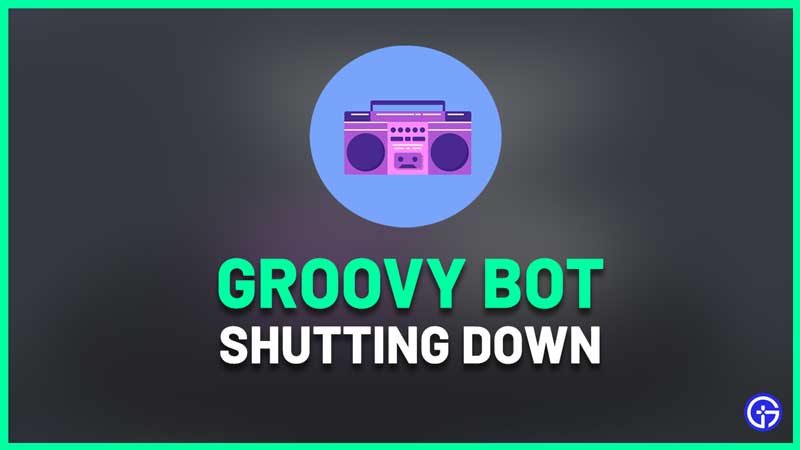
> But it's hard to square that, some argue, with a new 4.5-year study involving 2,060 patients that found what researchers claim may be awareness after the body and brain has shut down. > Scientists have long rolled their eyes at near-death experiences, chalking them up to the effects of anesthesia, or low oxygen, or religious and spiritual hallucinations. > I had always thought that consciousness ceased within seconds of the heart's shutdown. "The brain stem, which is less sensitive to anoxia (loss of adequate oxygen) than the cerebrum, dies from cessation of circulation for periods exceeding three to four minutes or from intracranial catastrophe, such as a violent accident." According to the current mainstream neuroscientific view, the mind fails to survive brain death and ceases to exist." "As characteristic of all biological cells, brain cells die once deprived of oxygenated blood, destroying the brain. Measurable brain activity stops within 20 to 40 seconds" "At the onset of clinical death, consciousness is lost within several seconds. > the heart was the key to consciousness?

> I had always thought that consciousness ceased within seconds of the The beginning of oxygen deprivation is involved.

IOW, there's no reason to suspect that anything more than Minutes before lack of oxygen causes it to actually shut That the brain continues to operate for, IIRC, around four While, and this seems simply an extended manifestation of Remember them after awakening has been known for quite a The ability of patients under anesthesia to hear sounds and After resuscitation, he was able to recount sights and sounds that corresponded to the period when his heart was not beating. One particularly striking case describes a 57-year-old man whose heart stopped beating for three minutes. >But it's hard to square that, some argue, with a new 4.5-year study involving 2,060 patients that found what researchers claim may be awareness after the body and brain has shut down. >Scientists have long rolled their eyes at near-death experiences, chalking them up to the effects of anesthesia, or low oxygen, or religious and spiritual hallucinations. >I had always thought that consciousness ceased within seconds of the heart's shutdown. "While it was not possible to absolutely prove the reality or meaning of patients' experiences and claims of awareness, (due to the very low incidence), it was impossible to disclaim them either and more work is needed in this area," lead researcher and assistant professor of medicine at the State University of New York at Stony Brook Sam Parnia told Discovery News. Scientists have long rolled their eyes at near-death experiences, chalking them up to the effects of anesthesia, or low oxygen, or religious and spiritual hallucinations.īut it's hard to square that, some argue, with a new 4.5-year study involving 2,060 patients that found what researchers claim may be awareness after the body and brain has shut down.

I had always thought that consciousness ceased within seconds of the heart's shutdown.


 0 kommentar(er)
0 kommentar(er)
